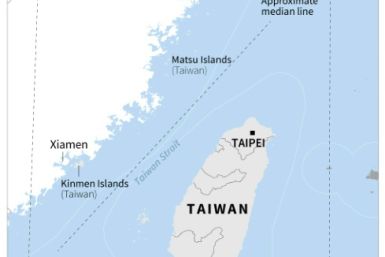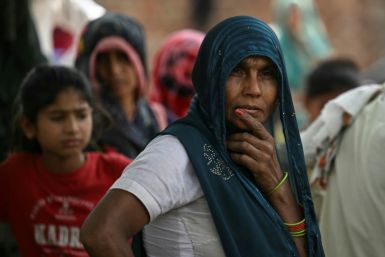New Zealand to Reduce Obesity with Australian Community Programme
New Zealand Prime Minister John Key has announced that Australia's obesity prevention programme will be adopted in the country. The community-based program will be known as Healthy Families NZ.
Health Minister Tony Ryall visited Victoria, Australia to personally see the programme's effectiveness in curbing obesity. Mr Ryall said the children who were part of the obesity prevention programme had become more active and lost weight. Based on what he has seen, Mr Ryall declared that Australia's community-based programme is working.
Auckland University's nutrition professor Boyd Swinburn said Healthy Families NZ is great news but there is a need to establish tough guidelines and regulations. Professor Swinburn has previously released the findings of a study which revealed that obesity rate among children has increased.
The increasing rate of New Zealander obese children has grown to 10,000 more based on the findings of an Auckland University research. Professor Swinburn said the New Zealand government is failing in the younger generation by not doing enough to address childhood obesity.
He added the results of the survey conducted by the Ministry of Health that nearly one of the three Kiwi children are either overweight or obese. Swinburn added the figure is shocking compared to Australia's childhood obesity rate of almost one in four children.
Despite the release of the new obesity data by a leading diabetes researcher, New Zealand Health Minister Tony Ryall said he will reject measures of a "nanny state." Ryall said providing information and support to obese adults are not enough.
Unhealthy eating habits
New Zealand did not even enter the top 20 countries on the Good Enough to Eat report as it fell well behind Australia's eighth place ranking. Out of 125 countries on the list, Oxfam placed New Zealand at No. 23 with Israel. France and Switzerland ranked second while Chad came out the least healthy place to eat in the world.
Other countries who were ahead of New Zealand were the UK at 13, Japan and the U.S. both at 21. The Good Enough to Eat report was based on data about adequate food supply, availability, affordability, quality of food and cases of diabetes and obesity. Based on the given criteria, the unhealthy eating habits of Kiwis and the cost of food brought New Zealand's ranking down.






